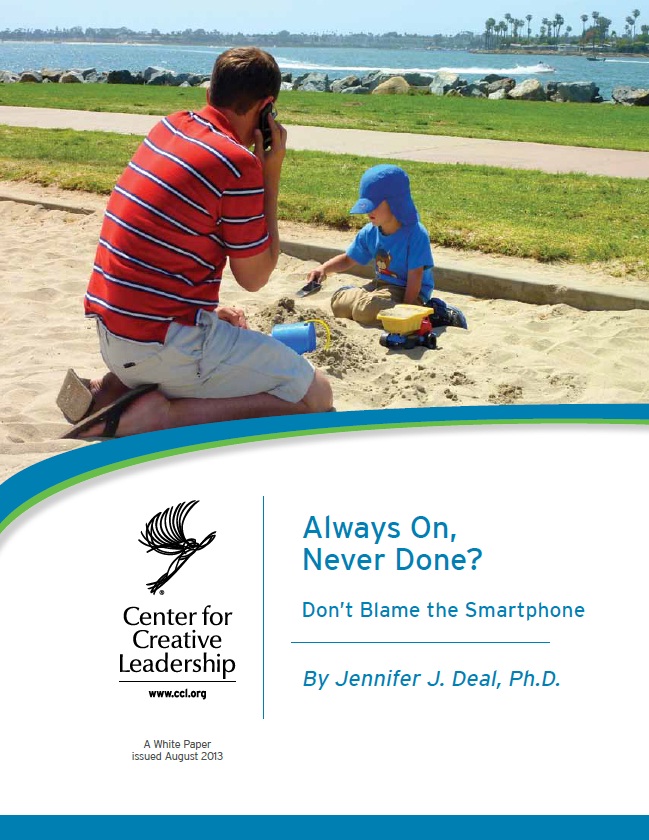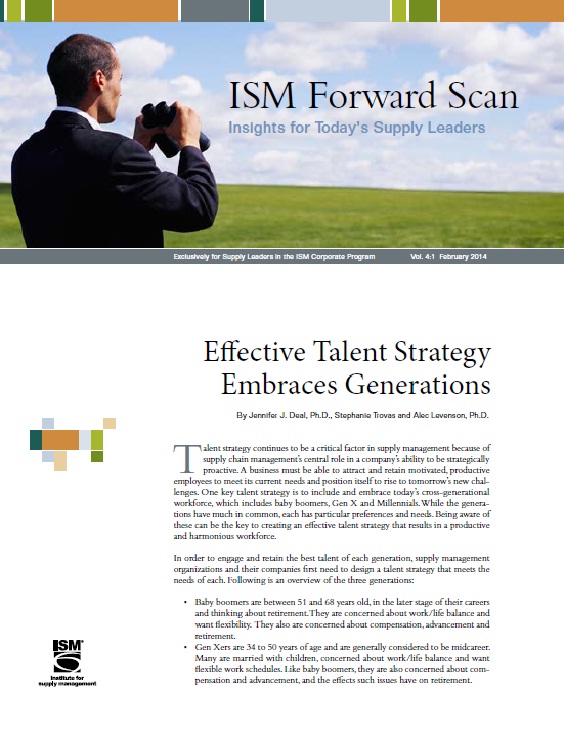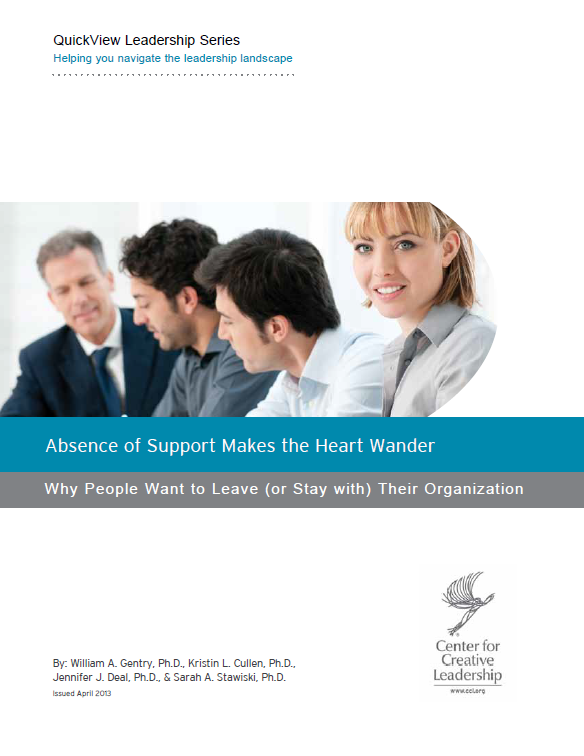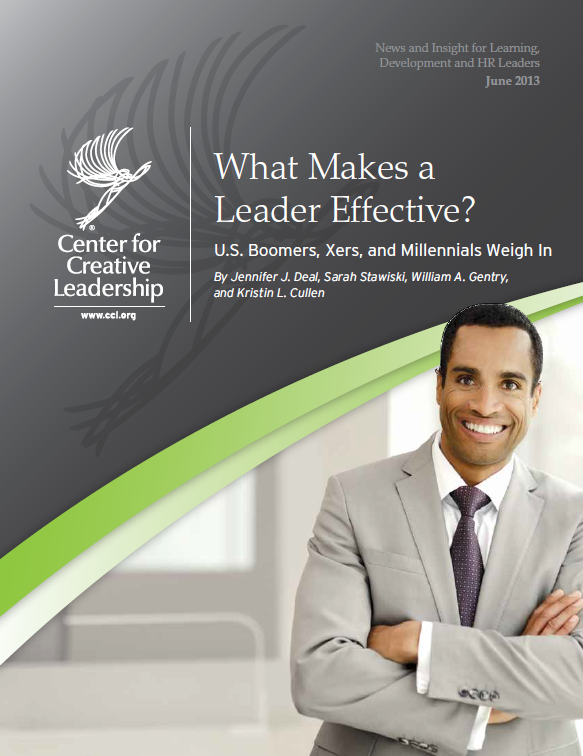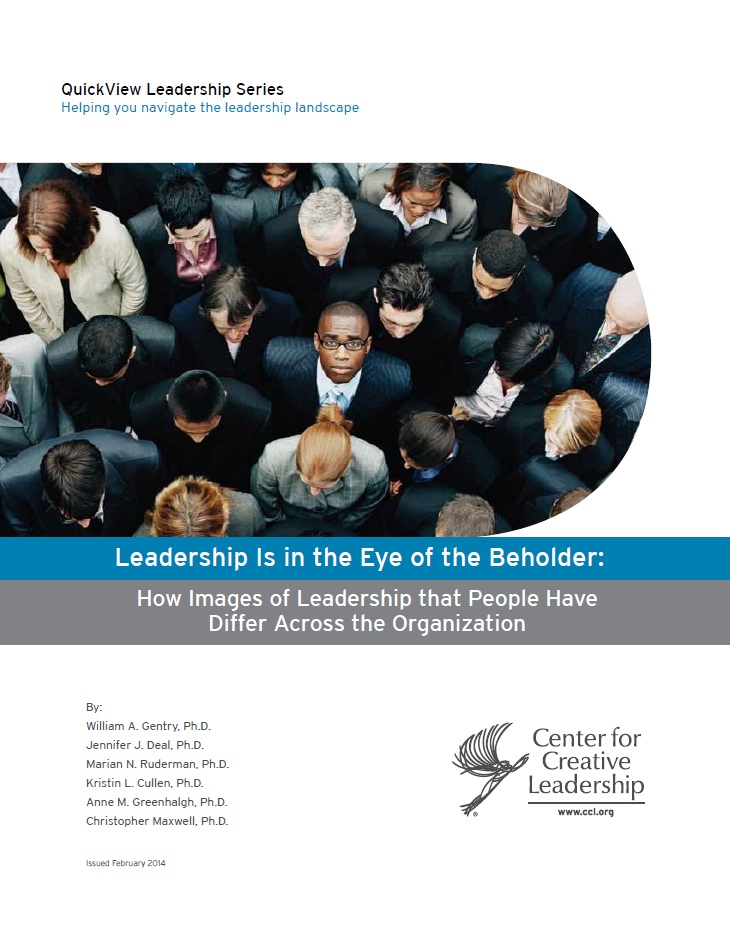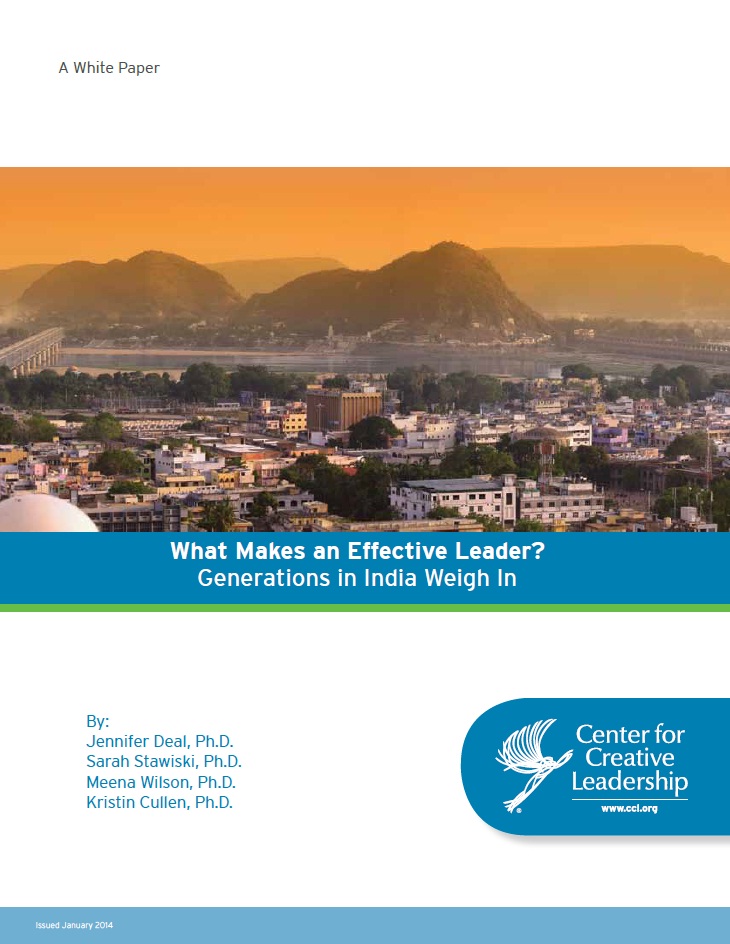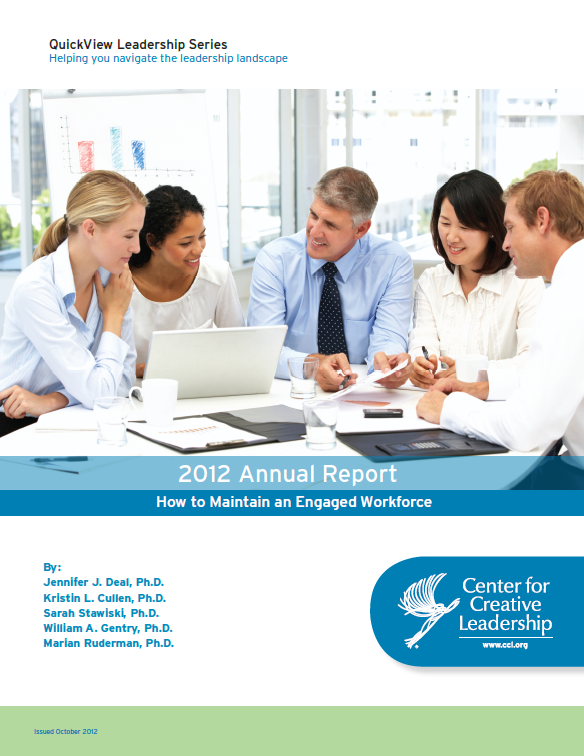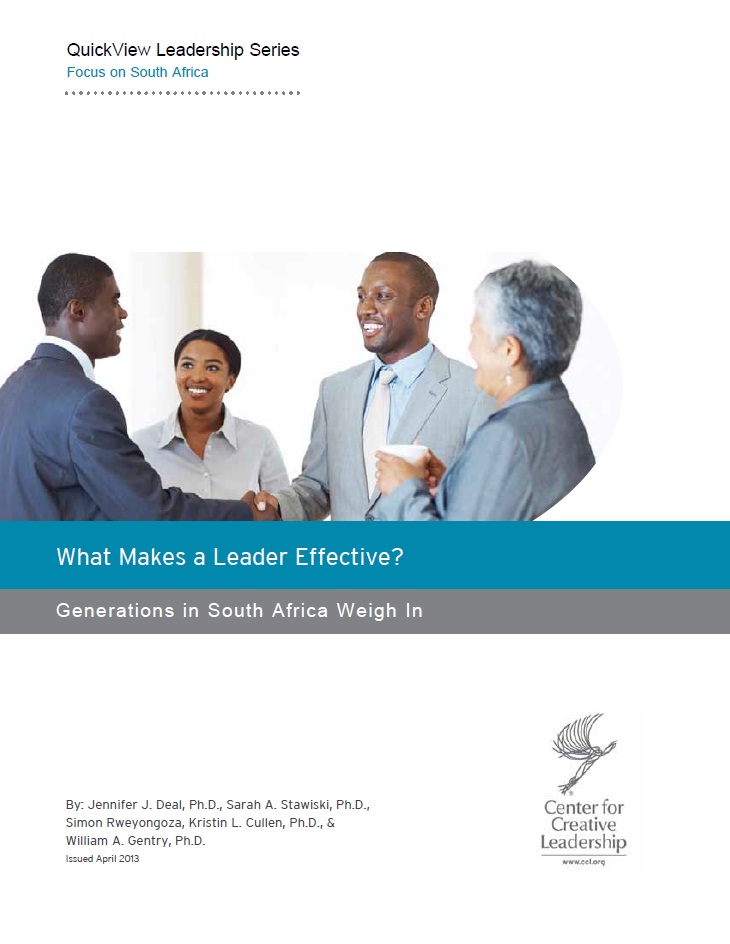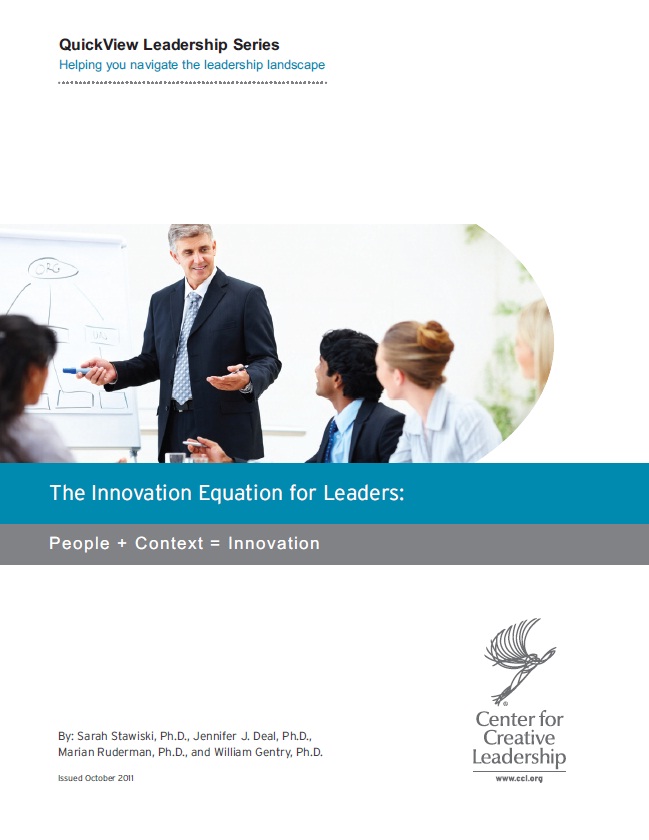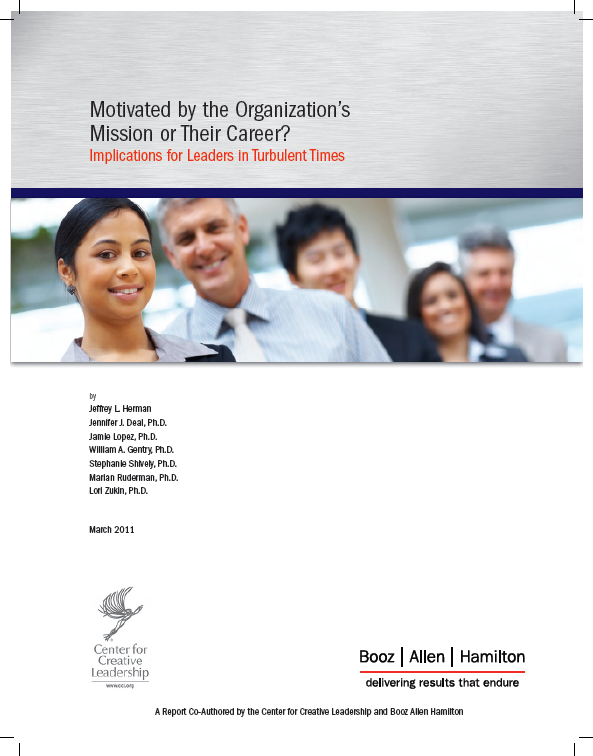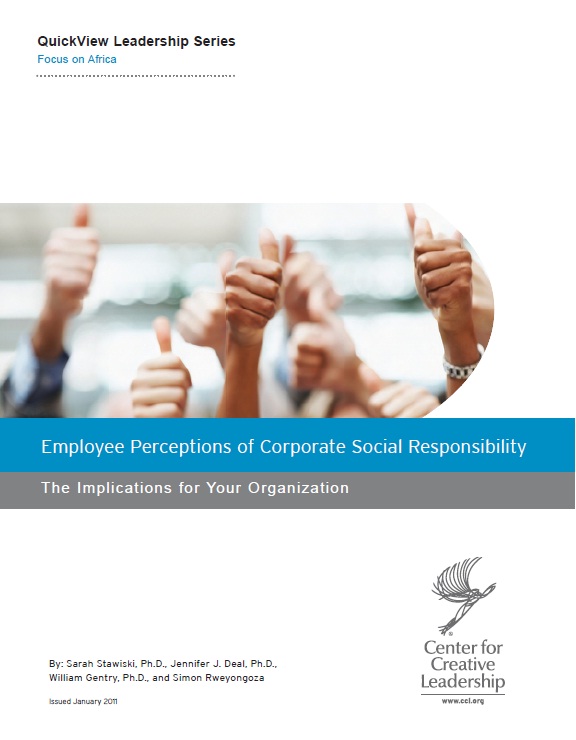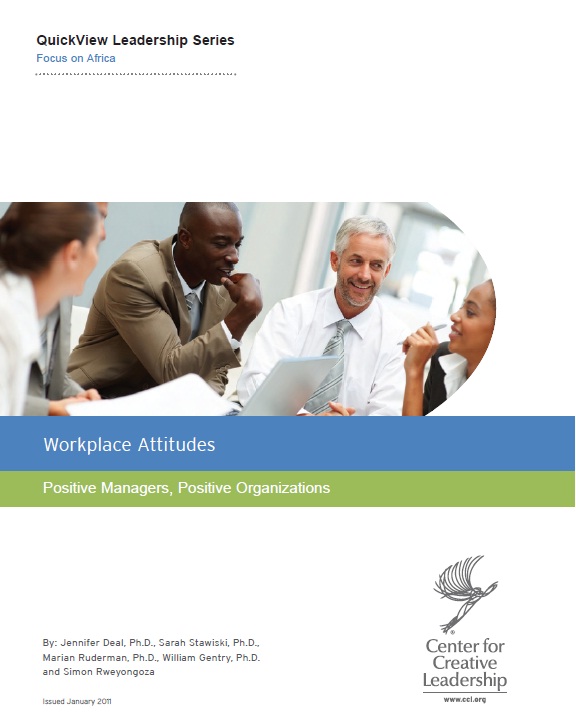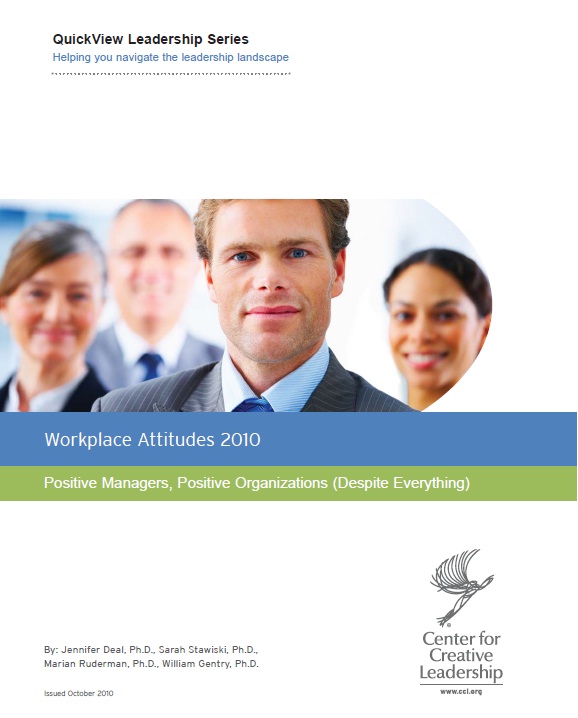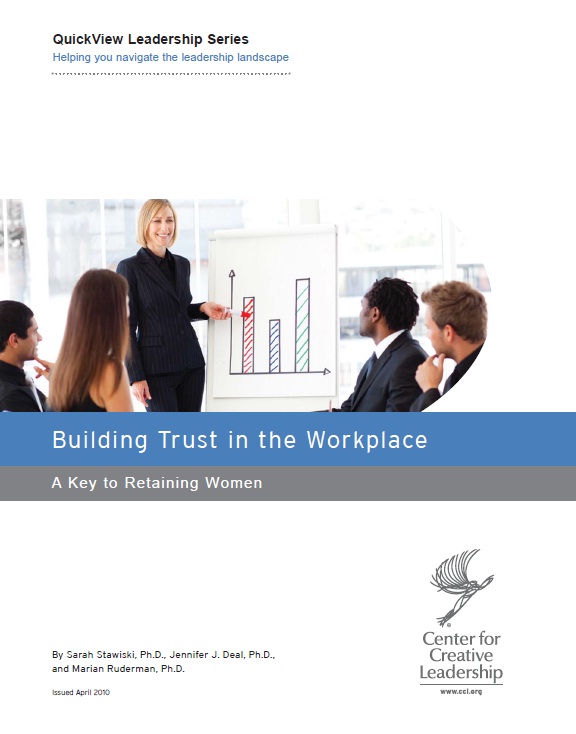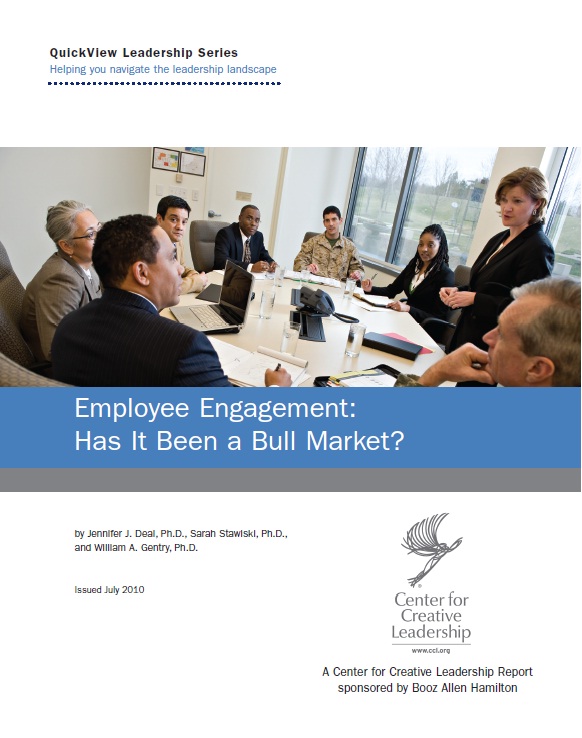Always On, Never Done? Don’t Blame the Smartphone
Are you tied to your smartphone for work 24/7? Do you blame your smartphone for this? Find out who managers, professionals, and executives really blame for the never-ending demands on their time, and learn what you can do to manage it in your own life.
ISM Forward Scan: Effective Talent Strategy Embraces Generations
Having an effective talent strategy for supply chain management is critical for a company’s ability to be strategically proactive. One key talent strategy is to include and embrace today’s cross-generational workforce.
Absence of Support Makes the Heart Wander: Why People Want to Leave (or Stay with) Their Organization
We’ve all heard that people leave bosses not organization, but how true is that? And is it equally true for people at all levels of the organization? In this paper we show how important feeling supported by both supervisor and organization are, and how it affects turnover differently at different organizational levels.
What Makes an Effective Leader? Generations in India Weigh In
How are the generations in India described, and what do they believe makes a leader effective? Find out whether the generations in India differ on whether being charismatic, participative, or hierarchical is important for effective leadership, and how you can more effectively lead all generations in India.
When you think of leadership, what image comes to mind? A conductor? A charging knight? A tightrope walker? In this paper we discuss research on the images people have of leadership – and why your mental image matters.
What Make a Leader Effective? U.S. Boomers, Xers, and Millennials Weigh In
Is charisma in a leader more important to Millennials or Baby Boomers? Do Gen Xers and Millennials care more about participative and team-oriented leadership than do Baby Boomers? Do Baby Boomers think acting hierarchical make a leader more effective? Find out what the generations think makes for effective leadership, and how you can more effectively lead all generations in the US.
2012 Annual Report: How to Maintain an Engaged Workforce
How engaged are executives, managers, and professionals today, and where do they feel their organizations are letting them down? This report describes the current employee experience, and what organizations need to focus on to maintain and improve engagement.
What Makes an Effective Leader? Generations in South Africa Weigh In
What are the generations in South Africa, and how do they think about effective leadership? Find out whether it is more important for a leader to be charismatic or participative, and how you can more effectively lead all generations in South Africa.
Emerging Leaders: An Annotated Bibliography
This is a bibliography published in 2001 of the primary research focused on attitudes, development, and retention of emerging leaders – which at that point in time was Gen Xers.
The Innovation Equation for Leaders: People + Context = Innovation
Is innovation in an organization a property of the people hired or of the culture and structure of the organization. If your answer is BOTH you’re right. In this paper we talk about research which shows how different types of motivation are related to innovation, and how the organizational environment can shape those motivations.
Motivated by the Organization’s Mission or Their Career? Implications for Leaders in Turbulent Times
What is more important to you, your organization’s mission or your career? What do you think others would say? Do you think people in government, non-profit, and for-profit organizations would differ if you asked them this question? We did ask, and this paper is about what we found – and how it affects retention and engagements in organizations of all types.

